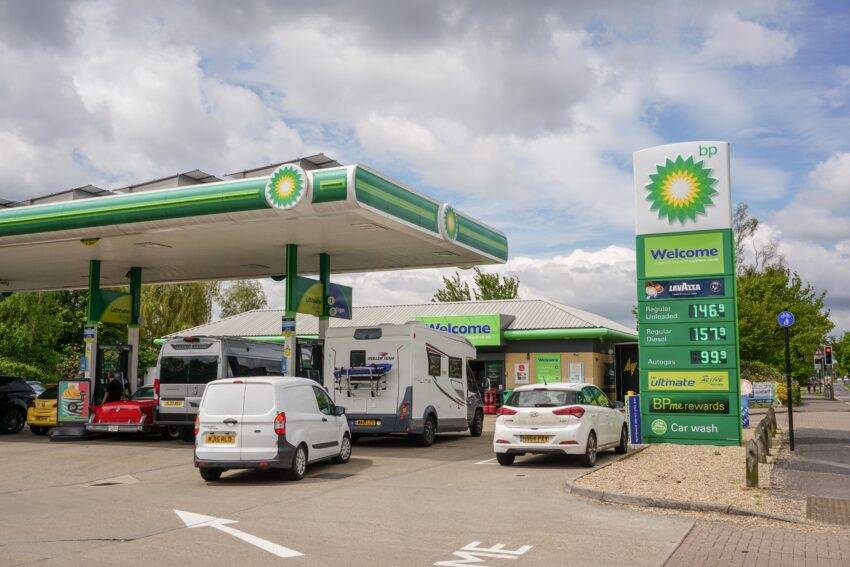Business
Oil prices are predicted to drop to $60 by 2025, bringing relief to drivers

Motorists will benefit from a substantial drop in fuel prices over the next eighteen months as analysts predict a significant drop in oil prices to $60 per barrel.
The expectation of lower gasoline prices follows predictions of a global oil oversupply by 2030. Citigroup experts foresee a glut of supply, forcing companies to cut prices, with crude expected to fall from the current $80 to $60 per barrel.
This expected drop will not only make it cheaper to fill up at gas stations, but also potentially lower airfares as jet fuel costs fall.
The International Energy Agency recently warned of a “stunning” surplus of global oil supplies by 2030. Citi’s forecast suggests this will lead to a “very large surplus” by the end of 2025, driving down the price of petrol and diesel.
While this news will be welcomed by motorists, it poses challenges for fossil fuel producers in the North Sea who are already burdened by high taxes. They face the prospect of further tariffs as Labor unveiled plans to extend the oil and gas windfall tax for a year until 2029 if the country wins the general election.
Labour’s proposal includes a 3% increase in the levy and the abolition of the sector’s offshore tax breaks. Sir Keir Starmer stated that this plan would raise £8.3 billion in taxes to fund Labour’s Great British Energy project, a state-owned company that aims to “deliver power back to the British people”.
The plan was welcomed by environmental groups, although industry analysts warn the combination of falling prices and higher taxes could make the North Sea “the world’s most hostile environment” for oil and gas operators.
Ashley Kelty, an oil analyst at Panmure Gordon, commented: “Labour’s plans will leave the UK colder and poorer. It will make the North Sea the most hostile environment in the world for oil and gas operators – apart from those operating in war zones.”
Kelty and others believe Labour’s proposals could hold back most new development in the region, potentially impacting projects such as the Cambo oil field in west Shetland.
Chris Wheaton, analyst at Stifel, echoed these concerns, saying: “Labour’s tax plans would destroy the North Sea. There will be very little new investment, and that means UK oil and gas production will decline very quickly – much faster than demand. Britain will become increasingly dependent on other countries for its energy.”
Ed Miliband, Labour’s shadow energy minister, defended the plans, saying: “Labour is offering the country the most ambitious climate and energy plan in British history – investing in our country through Great British Energy so we can cut energy bills for good reduce energy costs, secure our country’s energy, create good jobs and protect our homes for our children and grandchildren by tackling the climate crisis.”











